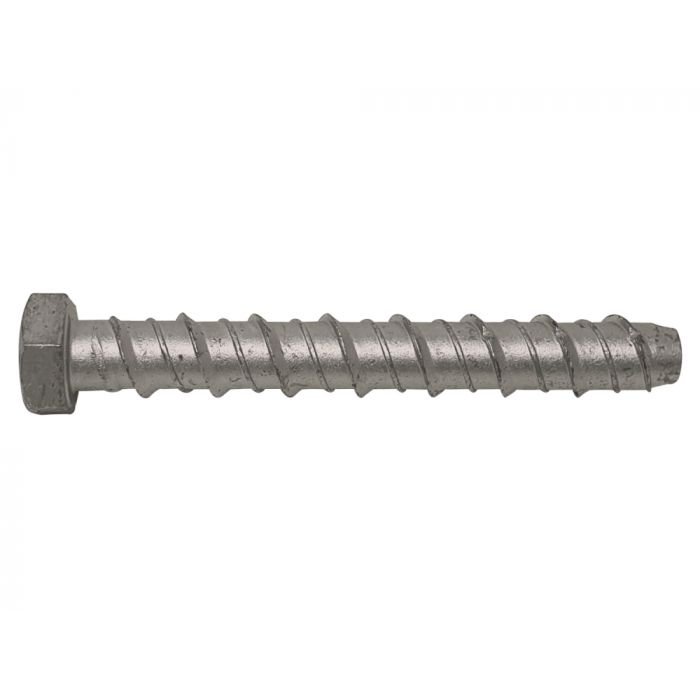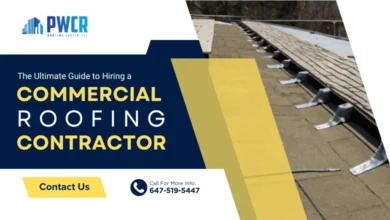A Complete Guide On Anchors For Masonry

Before we can explain the masonry anchors to be, let’s first define masonry as a whole. In its most basic form, it can define as anything masons lay down. That is when it’s place by stonemasons, or bricklayer, it’s brick. This can include building materials like brick and stone and blocks.
Sheradised nails are made of blocks which are generally refer to as breeze blocks, thermalize blocks or concrete blocks, or cinder blocks. Blocks tend to be much faster to construct than brick and are commonly employe for the walls of modern dwellings. Walls are cover in either plaster or plasterboard for smoothness.
What are Masonry Anchors?
This is a good thing since the anchors use for building are just fixings that are use to fix an object to the masonry. Durable and sturdy, they are made to last and for the security need to hold.
Typically screws are employe to attach objects to masonry fixings, however, this technique has limitations for certain types of materials. It’s impossible to use screws directly on brick blocks, stone, or walls, hence the necessity for specialized masonry anchors.
Plastic wall anchors and masonry plugs assist in ensuring the most secure fit when attaching things to walls. They work by expanding the hole that you’ve made into the masonry as they are fixe in the wall. This provides a very sturdy and strong grip on the screw, provide that the wall is construct from concrete or solid masonry.
What Is The Purpose Of Masonry Anchors?
These anchors can use to attach or secure the item to the masonry. They can utilize in conjunction with different types of masonry such as brick and blocks, and concrete. The use of masonry plugs with different building materials is explain further in the following paragraphs:
1. Brick and Masonry
The anchors for Masonry design to work with bricks and other similar materials are among the most commonly used kinds that are available. These anchors are specifically design for use with mortar joints or bricks in walls, thereby providing a safe anchoring solution.
Because bright nails have hollow areas the masonry anchors use for brick are specifically design to give the security need to hold the hollow and solid portions in the walls of brick.
2. Concrete
While concrete isn’t a masonry type, however, similar fixings are commonly employed with brick, concrete, or stone and masonry. Since concrete is a difficult material to drill through specialists concrete screws and fixings are suggest to get the best results easily.
Concrete fixings are a great choice for medium and light-duty use Certain concrete anchors with heavy-duty capacity are readily available, but they are not as popular and can use for many different purposes including connecting structural elements to fixing walls hangings.
What Is The Function Of Masonry Anchors?
Anchors for masonry work in a rather simple manner. Their goal is to provide an effective, secure fix in between the brick and whatever is be fix. They work similarly to other kinds of wall fasteners.
The steps below provide the basic principles of how a masonry anchor functions:
- A hole has to be drill to the exact size as that is recommend by the manufacturer of the masonry anchor
- The anchor is then put into the hole by using the hammer.
- The bolt or screw is tighten.
- This will extend the anchor gripping and wedging the sides of the hole, ensuring an effective anchor
What are Concrete Anchor Bolts? And Anchor Bolts Function?
Although the fundamental concepts are the same, using concrete anchors involves a different procedure, as describe in the following paragraphs:
- You can drill a hole into the concrete
- Place the anchor in the hole.
- Expand the anchor using the help of screws or nails or a setting tool
The exact method to expand will be determine by the concrete fastener use:
Wedge Anchors:
After the threads has insert in the hole, and beneath the surface then the washer and nut are to be put over them and secured. Utilize an adjustable wrench to rotate the nut and pull the anchor upwards and then weave it into the best grip.
Sleeve Anchors:
Attach the sleeve anchor in the concrete and then rotate the nut to draw the stud upwards through the expander sleeves, making sure the panel’s pins are secure in place. There are many other kinds of concrete anchors readily available therefore make sure to follow the instructions for the specific anchor you are using before making use of it.
Different Types Of Anchors For Masonry
Diverse types of anchors for masonry are offer each with its unique strengths, weaknesses, and the best materials and applications.
Some of the most well-known types of masonry anchors are:
1) Anchor Bolts
These anchors is intend for use for medium-weight projects using materials like block, brick, and hard block. A few variations can also use in conjunction with concrete. Anchor bolts are generally made of zinc-plat steel to provide durability and strength.
Anchor bolts can utilize to attach structural as well as non-structural parts which makes them extremely flexible and adaptable fasteners. They are also available in a range of sizes, allowing ease of use in a variety of applications.
2) Wall Plugs
Commonly use to attach lightweight and moderate-weight objects to solid or floorboards, walls, and ceilings Wall plugs are a common choice. Wall plugs are usually employe to fix shelves or attach cabinet doors to walls.
Their versatility means they can use a variety of materials like plasterboard, brick, plywood blocks, stone, and concrete. Wall plugs are made to expand onto the wall quickly, giving an ensconced grip on many different materials.
They are also not able to be tighten too much and have anti-rotation fins to stop them from turning inside the hole. But perhaps the most significant benefit for wall plugs lies in the fact that they’re universal. This universality is advantageous since it eliminates the need to purchase separate plugs for various materials and wall styles.
3) Concrete Screws
Concrete screws are design to work with concrete. They are made so that the threads of the screw are able to penetrate more difficult materials, which makes them perfect for use in masonry with greater strength.
A thread on a screw made of concrete is made harder during the production process; however, it is important to avoid creating its body too hard. In the event of this, it could cause breakage or even the screw breaking off.
They typically have an anti-corrosion coating that protects this screw. The thread was develop and optimize for a smaller installation torque, which makes installation easier. Concrete screws are great to use in medium and light-duty jobs. In addition to concrete, they can utilize other materials such as chipboard, gypsum block wood, and gypsum board.





